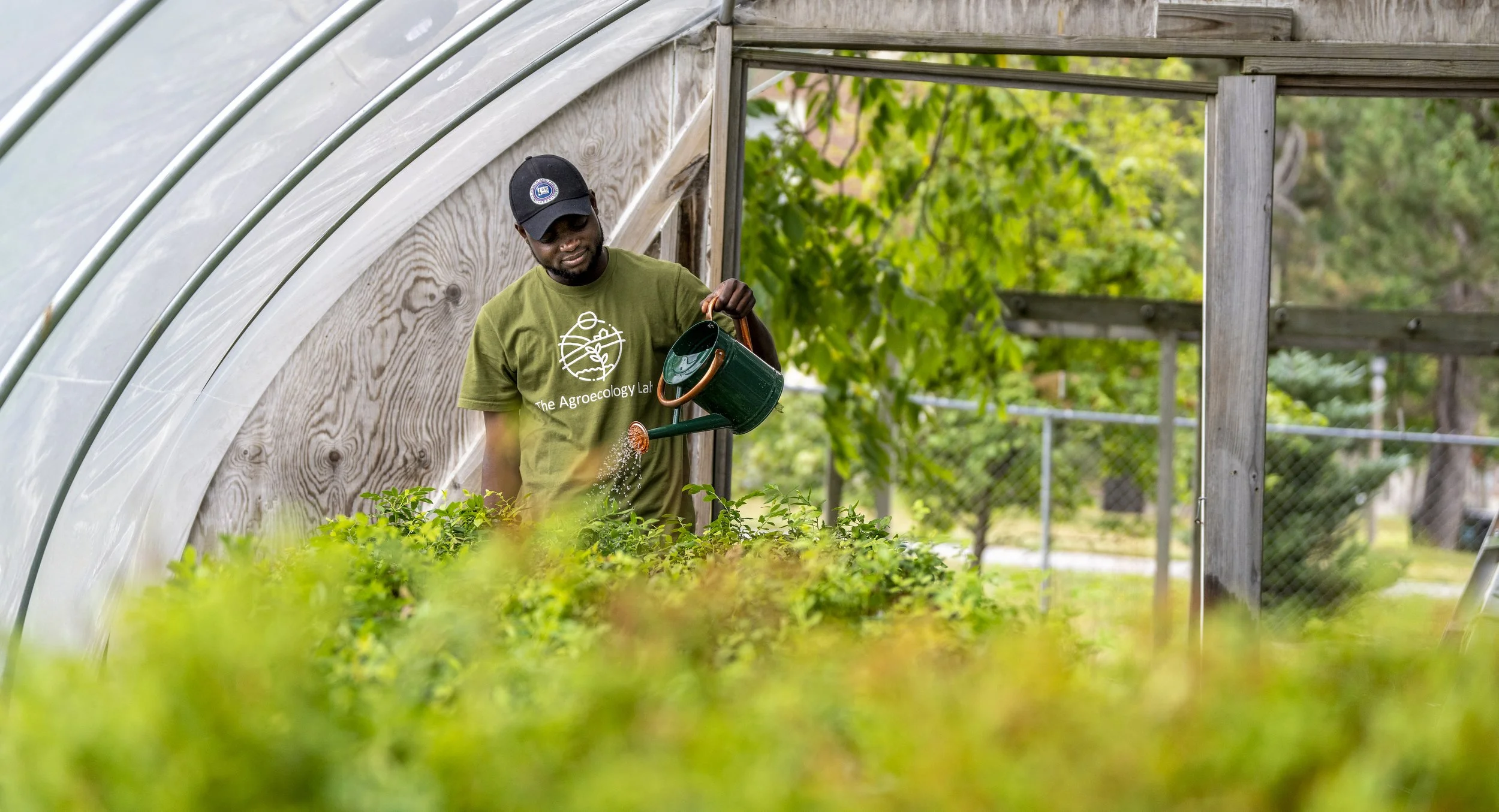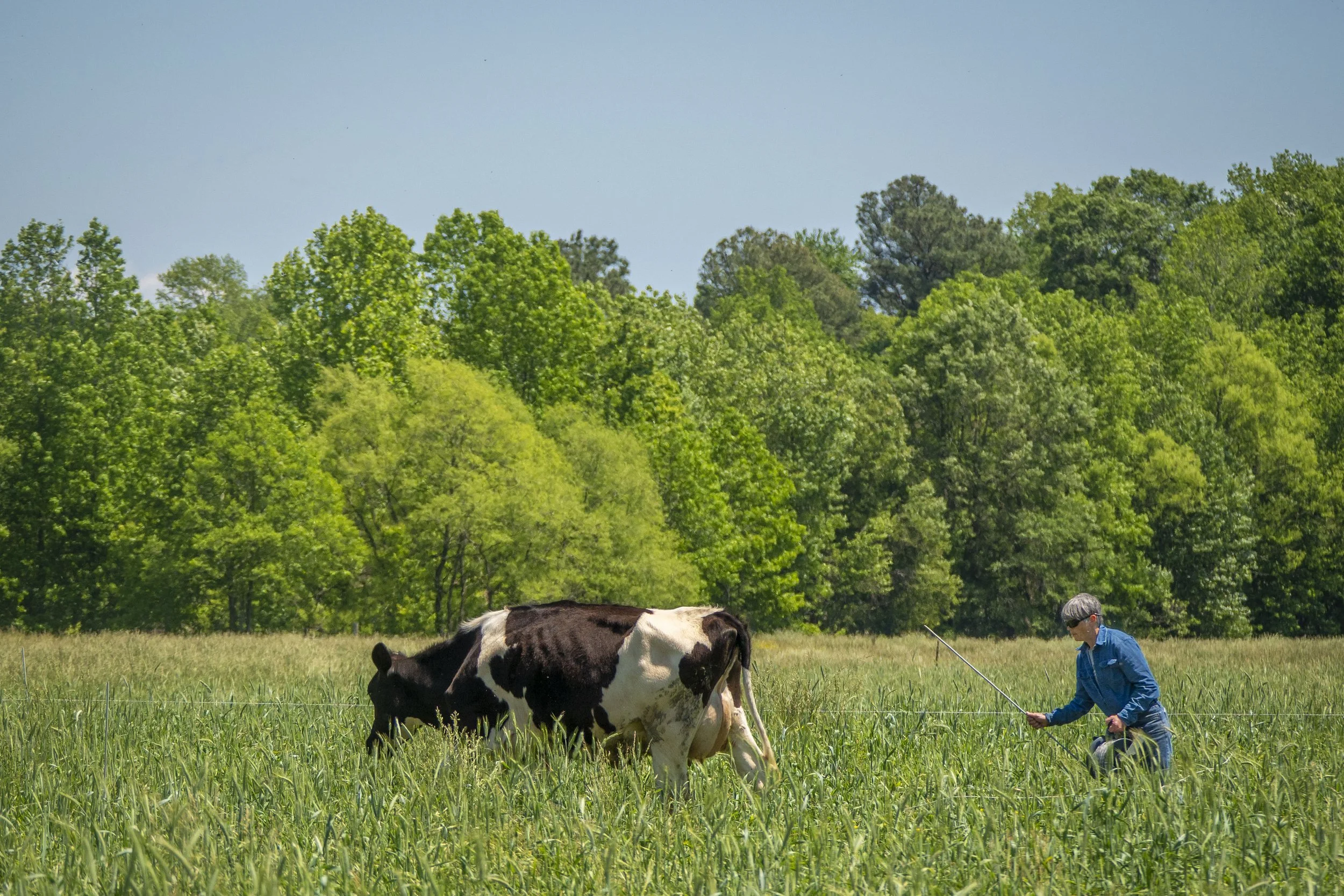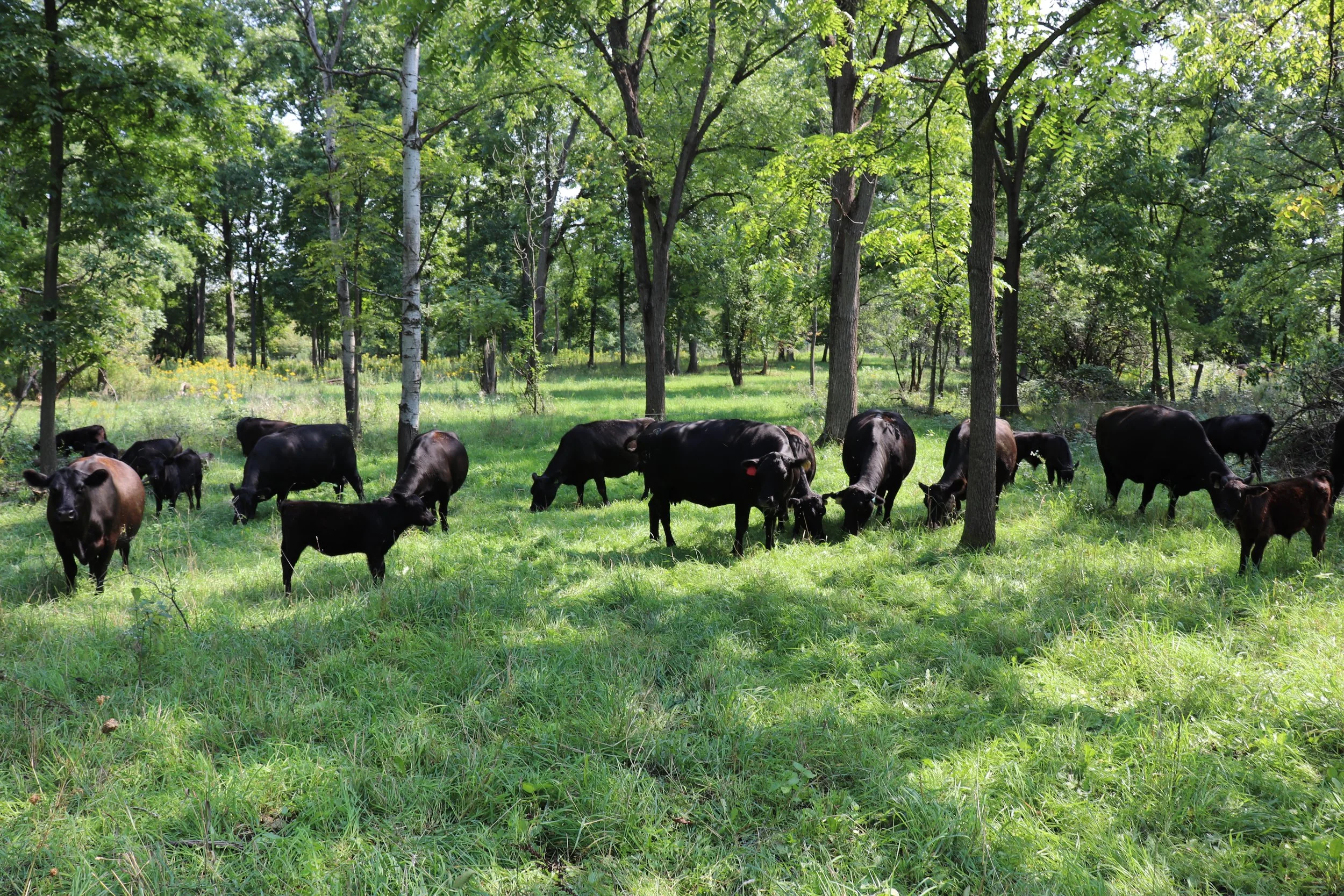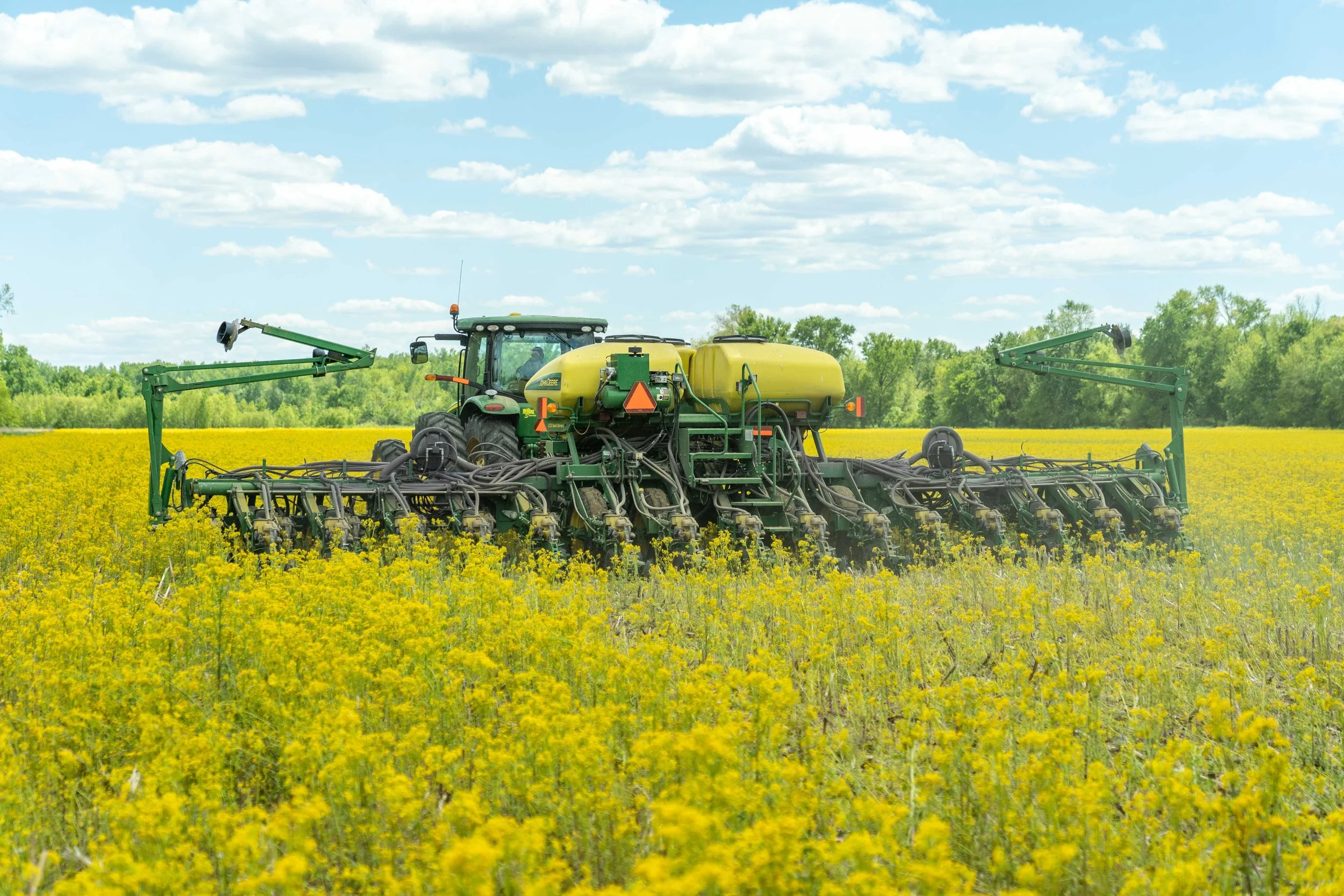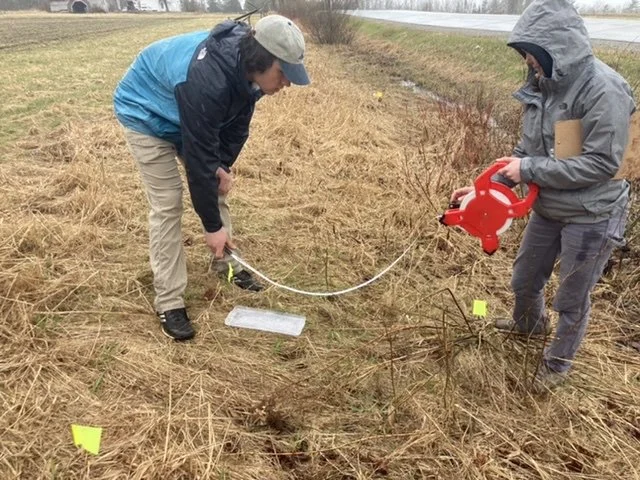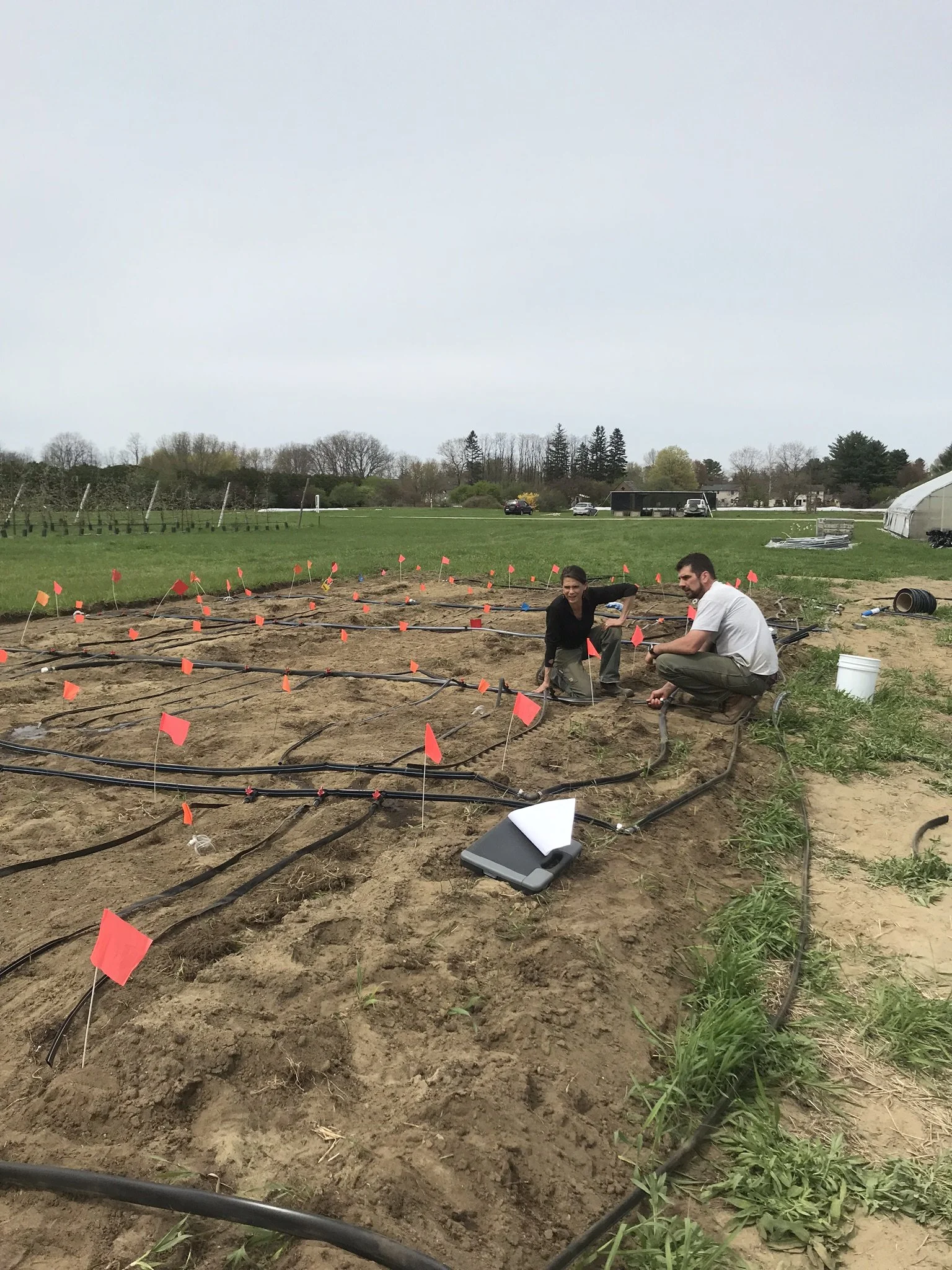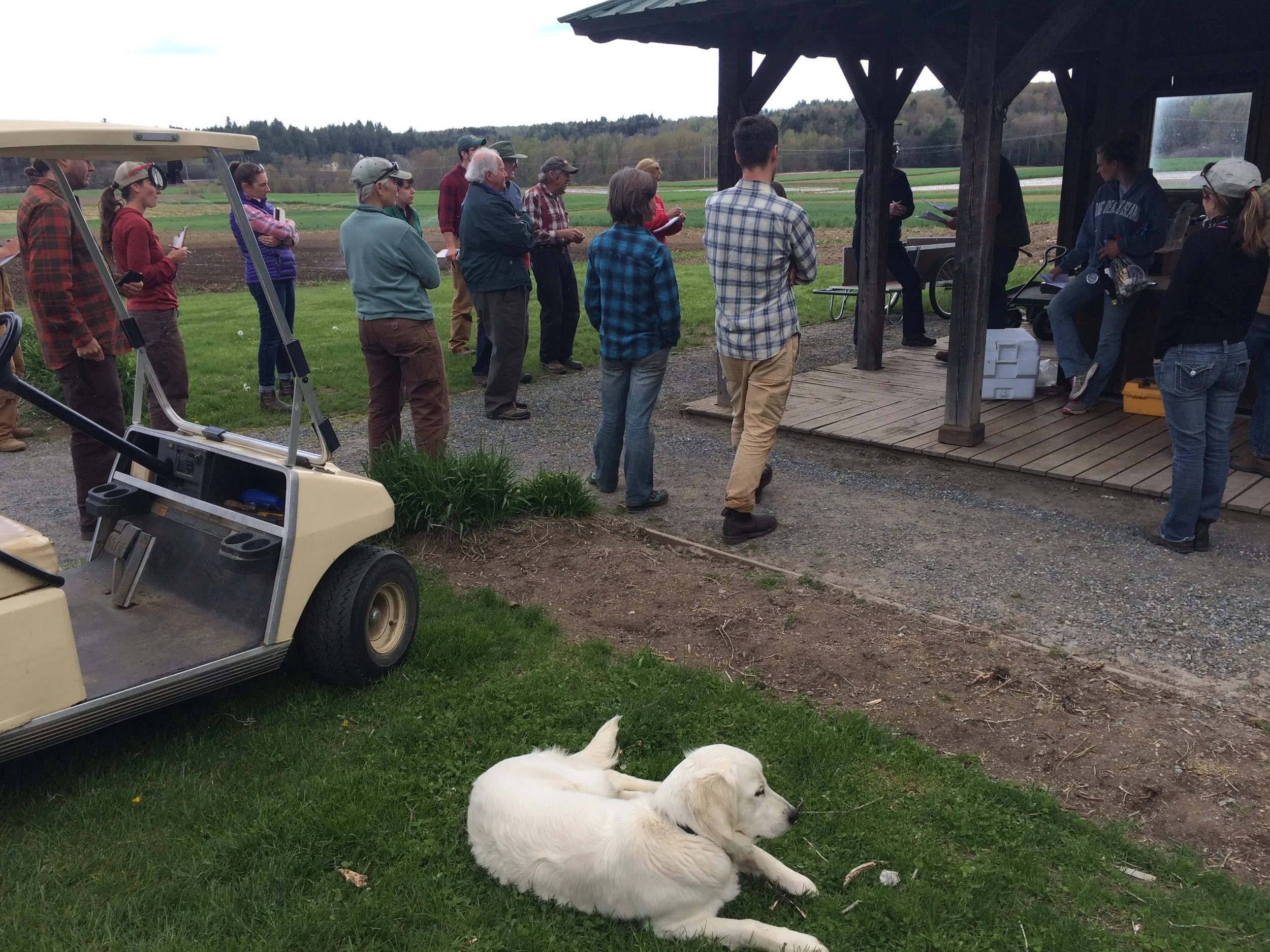Plan confidently for the future with knowledge, collaboration, and a commitment to resilience.
The Climate Adaptation and Mitigation Fellowship (CAMF) was developed to meet the needs of farmers and advisors, and allows them to champion sustainability in the face of climate uncertainty, together. Farmers and agricultural advisors will learn about climate adaptation and mitigation related topics relevant to their region and type of agriculture. They will then work in pairs with the assistance of an Educator team as they create an adaptation and/or mitigation plan for the farmer fellow’s farm.
We are currently running four programs: Diversified Agriculture and Agroforestry, and Women and Non-binary Vegetable and Small Fruit, Row Crops, and Dairy. Each CAMF cohort will consist of 30-40 fellows; each program will run from January 2024 until January 2026. The applications period is now closed.
DAIRY
DIVERSIFIED AGRICULTURE & AGROFORESTRY
ROW CROP
WOMEN & NON-BINARY VEGETABLE & SMALL FRUIT
Want to see another version of this program?
Climate Adaptation and Mitigation program materials are free and available to the public. If you are interested in hosting a program or would like to work with us to develop funding for a future pilot program, please contact us.
Here’s how a Climate Adaptation and Mitigation Fellowship works:
1. Working in pairs, engaging in groups
Fellows work in pairs: one farmer and one agricultural advisor work together for the duration of the program. Fellows can either apply as farmer/advisor pairs, or have a partner assigned after submitting an application. While most work is done in pairs, this is also a cohort-based program. Fellows will have many opportunities to connect with other farmers and advisors outside their pair throughout the program. This is also a peer learning program – information, knowledge, and experience flow from farmer to farmer, farmer to advisor, advisor to farmer, and advisor to advisor.
2. Education
Educational topics including climate change impacts, communicating about climate change, adaptation and mitigation strategies, disaster preparedness, strategies for financing adaptation and mitigation, and how to create an adaptation and mitigation plan will be covered through online learning. All educational content will be recorded and available to fellows to watch any time after the content is delivered. Learning sessions will be held at the beginning and end of a program, with supplemental webinars and online discussions in between.
3. Planning & Support
Following the opening learning sessions, fellows will work in pairs to create a farm-specific climate risk assessment, and adaptation and mitigation plan. A member of the “Educator Team” will provide resources and assistance throughout the planning process. Fellows will also be offered opportunities to share with one another, and attend optional educational programming as they work on their plans.
4. Implementation & Sharing
Once fellow pairs have completed their climate adaptation and mitigation plans, they are encouraged to find ways to implement the plan. This might look like finding funding for an element of the plan, creating a demonstration or field trial, or integrating climate risk management into the farm business plan. At a final meeting, fellows will share their completed plans, and discuss on-farm next steps to actualize their plans.
Why be a part of a CAMF program?
Fellows are part of a cohort of farmers and agricultural advisors who are interested and engaged in thinking about climate adaptation and mitigation. Fellows will be able to receive and provide peer to peer support and education, and build a mutually supportive community.
Farmer fellows leave the program with an individualized adaptation and/or mitigation plan for their farm, including actionable steps towards implementation, financing action steps, and a timeline for reflecting on progress.
Agricultural advisor fellows gain knowledge and confidence in climate adaptation and mitigation topics relevant to their ongoing work with farmers. They also gain experience working with farmers to develop climate risk assessments and adaptation plans relevant to individual farm businesses.
In addition to attending workshops, all fellows have access to recorded presentations by subject matter experts. These and other materials remain accessible to Fellows after the program ends.
All fellows work with a member of the CAMF Education Team, who provides them with personalized support during the program.
Farmer fellows receive a stipend for time spent on outreach to other farmers about climate impacts, and adaptation or mitigation strategies.

